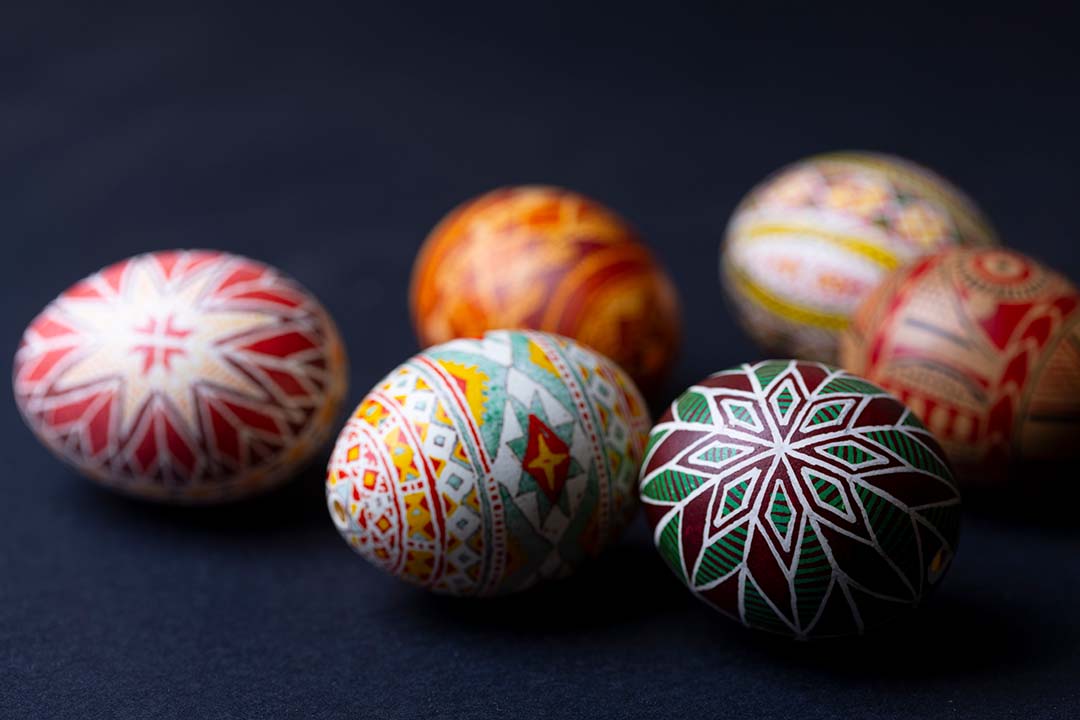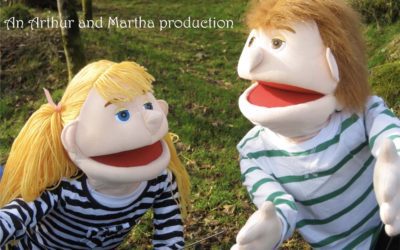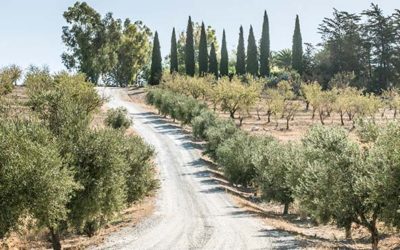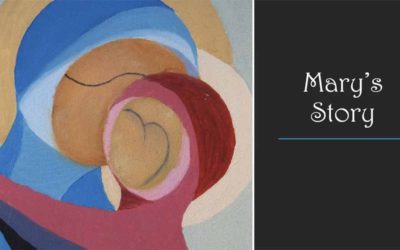Collect for Easter 6
God our redeemer, you have delivered us from the power of darkness and brought us into the kingdom of your Son: Grant, that as by his death he has recalled us to life, so by his continual presence in us he may raise us to eternal joy; through Jesus Christ our Lord.
Galatians 3:23-29
Matthew 28: 16-20
This year, we are holding an Easter Celebration with our Ukrainian friends As part of our service in St Patrick’s on Sunday May 5th – the Orthodox date. The difference in dates stems from 1582 when the Roman Catholic Church adopted a revised system of calculating the Calendar, but the Orthodox Church did not. Ho-hum. Another great example of Christian Unity…
As well as the date change, some traditions vary too. In the West, we observe increasing secularisation, with the focus tending to be on chocolate and cuddly bunnies; the Orthodox tradition specifies what you should – and what you should not – do.
What you should do :
Say hello correctly. The classic greeting “Christ is risen — truly risen!” is accompanied by triple kisses on the cheek between loved ones and friends.
Collect an “Easter basket”. This is a wicker basket, decorated with an embroidered towel, candles and willow twigs. It is in it that the paska and eggs are laid, as well as the food that will be eaten later during lunch.
Spend Easter lunch. It’s lunch, not dinner. And the main thing is not to emphasise the use of alcohol.
Bake paska or kulich. These are different things. Kulich is a product made of dough, and paska is made of cheese. But their ritual meaning is absolutely the same.
Decorate the eggs. Krashanka is purely monochromatic colouring, for example in onion peel or other dye. Pysanky is a coloured painting of an egg with paints. Krapanka is painting using melted wax with scratches of some pattern on the eggshell.
Sing songs. Not only church thematic psalms, but also folk songs. Such songs are called “grooves”.
What you should not do:
Swear and argue.
Engage in physical labour and housework. All food should be prepared in advance, and the house should be organised.
Throw away what was consecrated in the church. Even the shell from the Easter eggs should not be sent to the rubbish bin. It is better to bury or burn it.
Go to the bathhouse or cut your hair. Get yourself in order in advance.
Visit cemeteries or commemorate the dead. After all, this is a holiday of resurrection, not death.
For me, this service and tradition is a reminder that even though we have different ways of marking the Holy days of the Christian year – not just at Easter, but throughout that Year, we celebrate the same thing – our Saviour Jesus, risen from the dead. All too often, we allow our differences to become important to us – and that isn’t he way it works. Paul to the Galatians v.3:38 – There is no longer Jew or Greek, there is no longer slave or free, there is no longer male and female; for all of you are one in Christ Jesus.
An ancient folk tale recounts the Blessed Mary decorating some eggs to offer to Pontius Pilate in a plea for sparing her son’s life. As she prepared the eggs, her tears fell onto the shells, forming dots of brilliant colours. When Mary came before Pilate, she dropped to her knees, and the story goes that the eggs rolled out across the floor, a symbol of their distribution world wide. To this day, in honour of Our Lady’s tears, dots are often incorporated into the egg designs. At Easter time, these eggs are still distributed to commemorate Christ’s teachings of Peace and Love.
Worldwide.
We pray for peace and the laying down of weapons.
We pray for all those who fear for tomorrow,
that your Spirit of comfort would draw near to them.
We pray for those with power over war or peace, for wisdom, discernment and compassion to guide their decisions.
Above all, we pray for all your precious children, at risk and in fear, that you would hold and protect them.
We pray in the name of Jesus, the Prince of Peace.
Amen
Previous Posts
Arthur and Martha: Christ the King
This is the day we remember that Jesus is the king of all the world and that He is the greatest king of all. Just imagine. Jesus is our very best friend, but He’s a king!
The Road to Emmaus | Luke 24: 13-35
The Road to Emmaus : Luke 24:13-35
Mary’s Story
Hello little one. Pleased to meet you. It’s been an eventful few months while I’ve been waiting for you to arrive. Let me tell you all about it.
It started on an ordinary day. I was going about as normal, feeding the chickens, tidying up and that sort of thing. I wasn’t really concentrating, I was thinking about my wedding to Joseph in a few weeks time.
The Journey to the Cross
The Lent readings tell a familiar story. The story of a journey. A journey to the cross.
Let’s remind ourselves of that journey. After his baptism, Jesus went into the wilderness for forty days and forty very cold nights. The voices of Satan came whispering, tempting, but Jesus refuses to be distracted or tempted.




